The Boat Drowns Back and Forth
2022-Ongoing
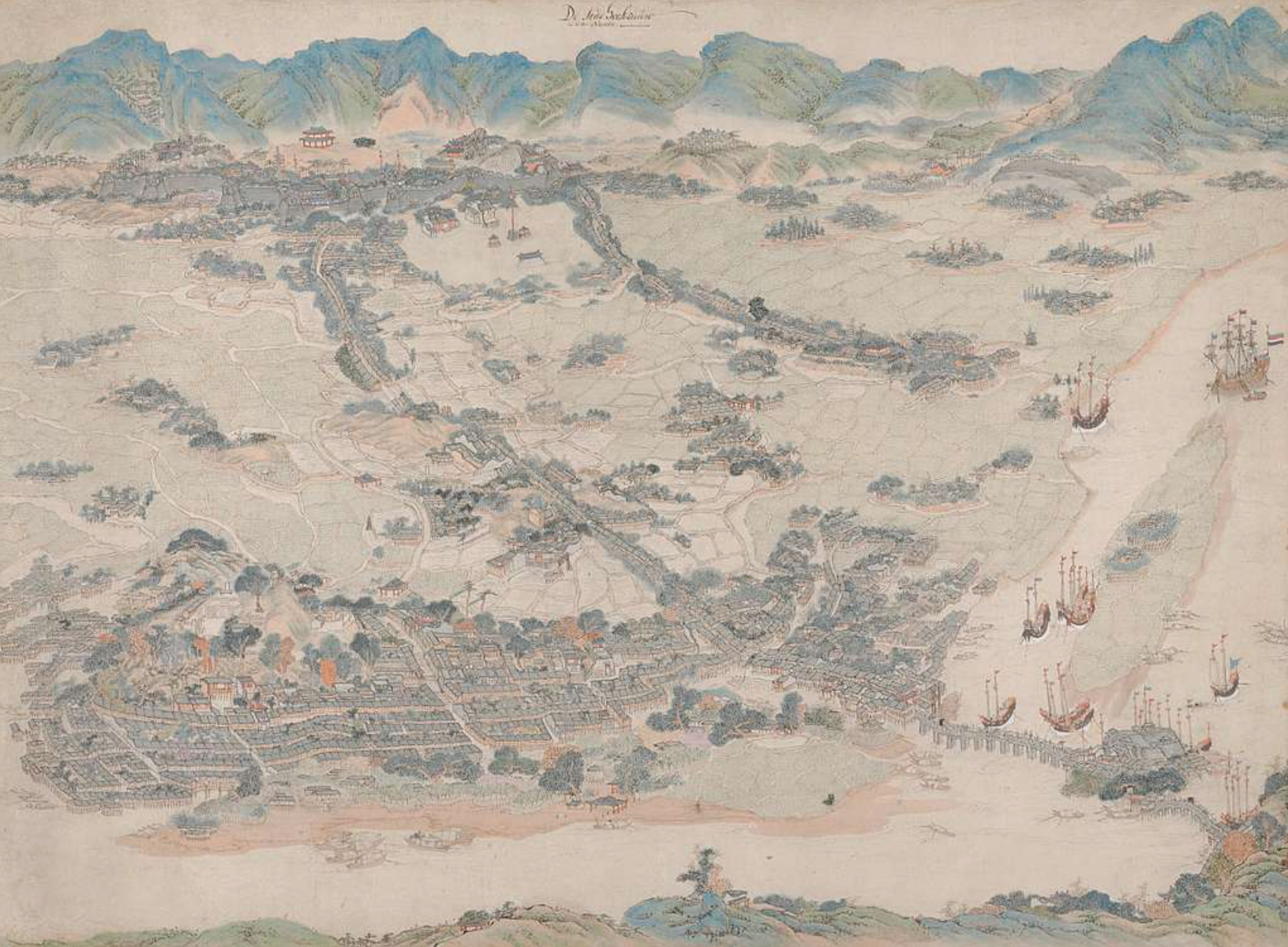
This series wants to tell how the part of historical narratives of local women in Fuzhou have been neglected.
As a Fuzhou native, when I realized that my feminist enlightenment came from the women in my family, I began to think, is this enlightenment related to the development of feminism in Fuzhou? When I investigated the history related to the development of local feminism, I found that from the late Qing Dynasty to the Republic of China, there were a group of Fuzhou women who had made contributions to female education. In that feudal era when women were strongly bound, they were the first reformers to set up girls' schools. Yet the stories of these women are little known here. Why is such an important history of the development of indigenous feminism ignored? I became curious about this phenomenon.
From a macro point of view, part of the reason for the neglect of historical narratives related to women may be that the period from the late Qing Dynasty to the May Fourth Movement was a period of great historical changes in Chinese society. During this period, the narrative of women's history was covered by grand narratives such as national liberation, national independence and class revolution. In this series, I hope to recognize and identify with this period of history from the microscopic perspective of individuals. When I approached the neglected development history of local feminism, I was actually looking for the female identity that linked the small self with the grand history.
If history can be selectively described according to the identity and group of the narrator. Can the audience fill in the gaps in the historical narrative by selectively reshaping memory?
 The history of local women in Fuzhou intersects with each other, just like the roots of the local banyan tree.
The history of local women in Fuzhou intersects with each other, just like the roots of the local banyan tree.
The phoenix, the bubble, the disappearance of narrative.

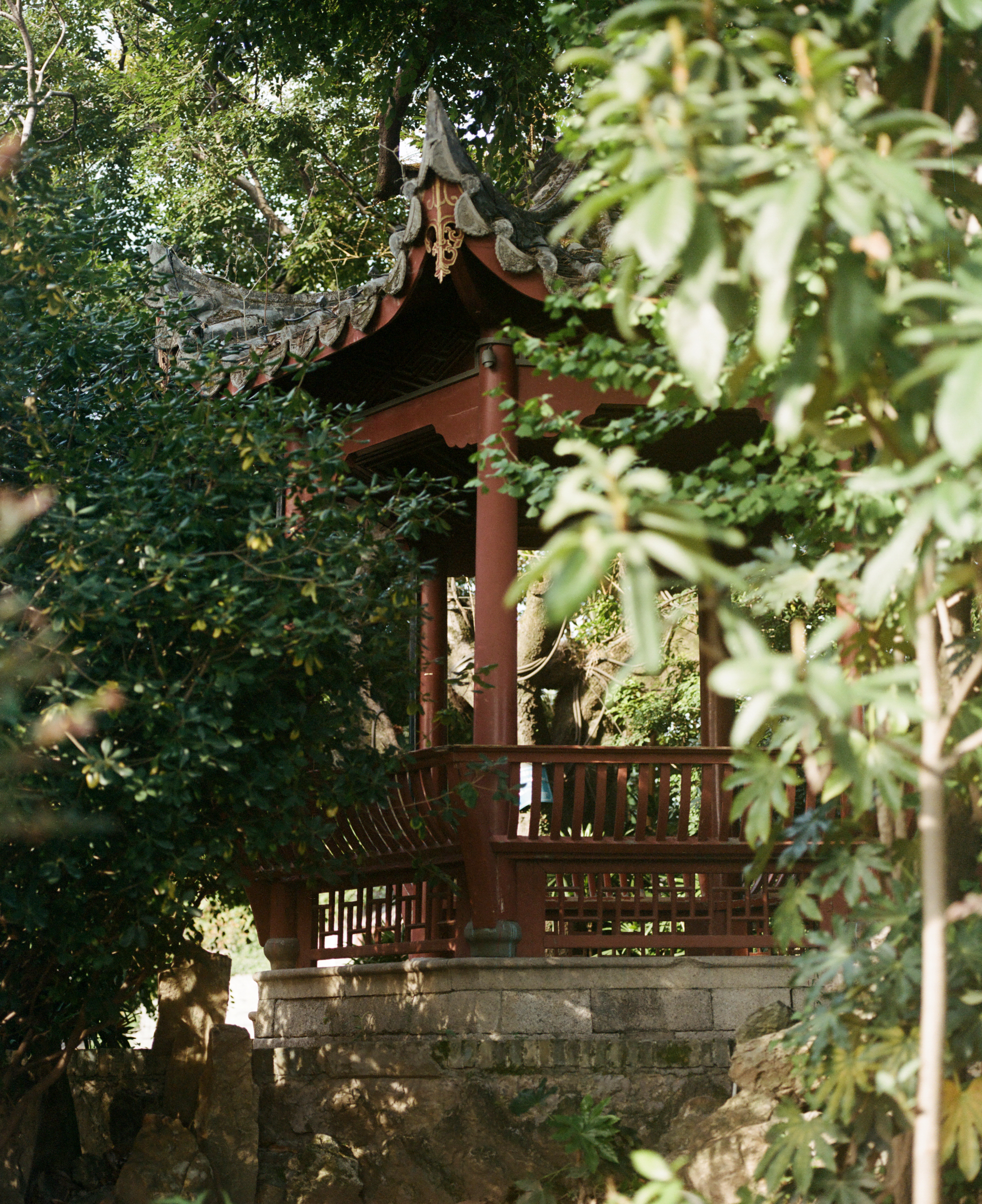

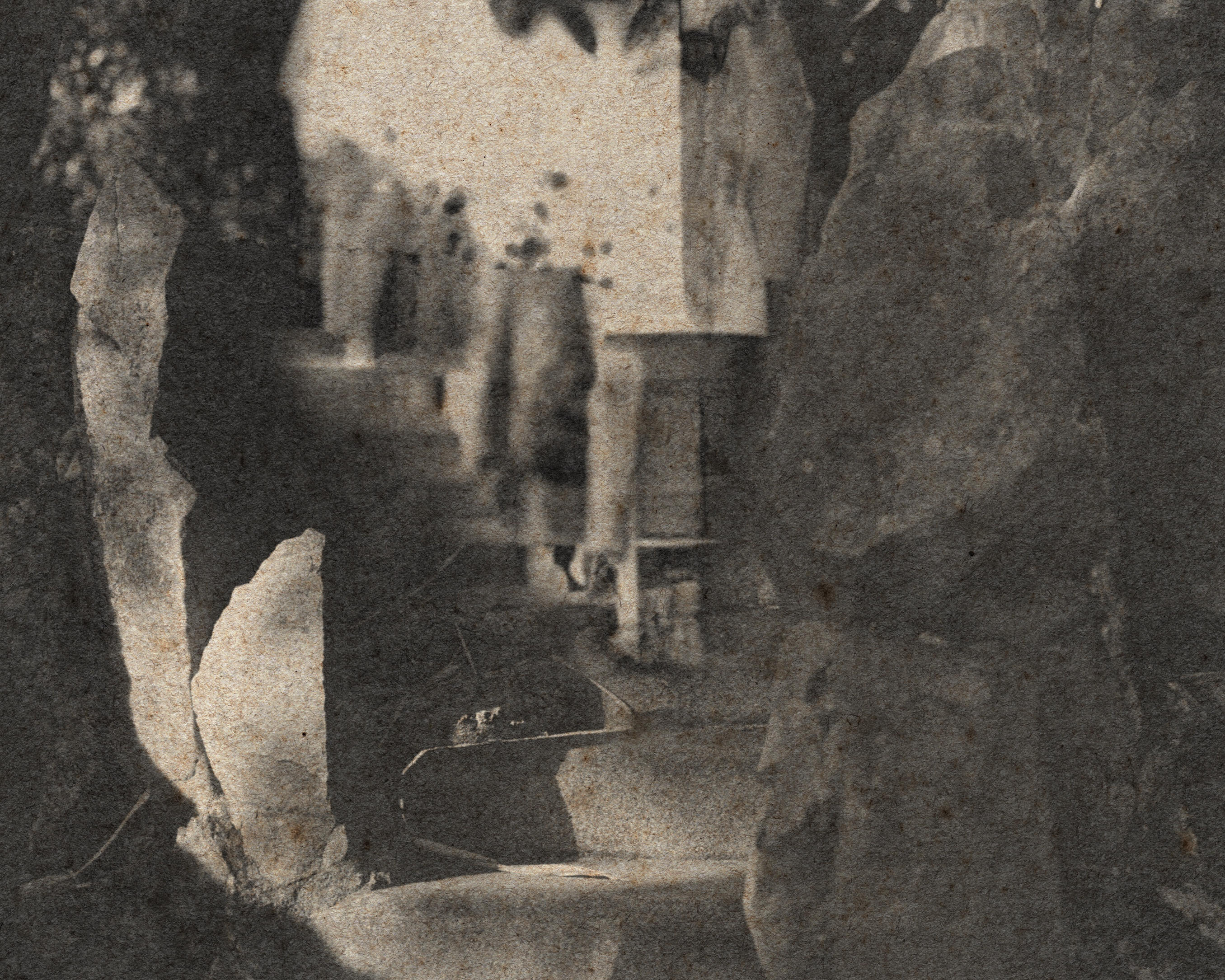
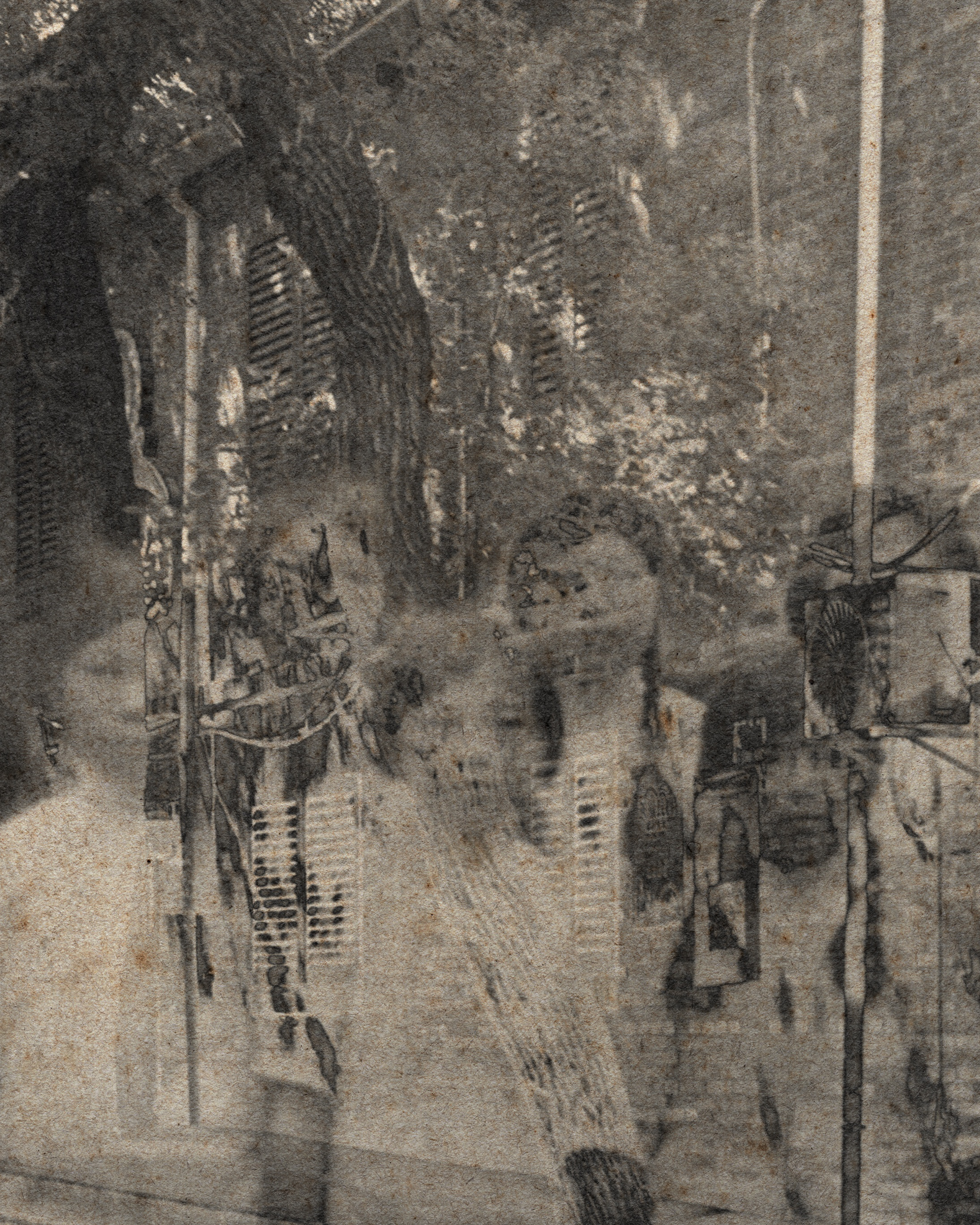
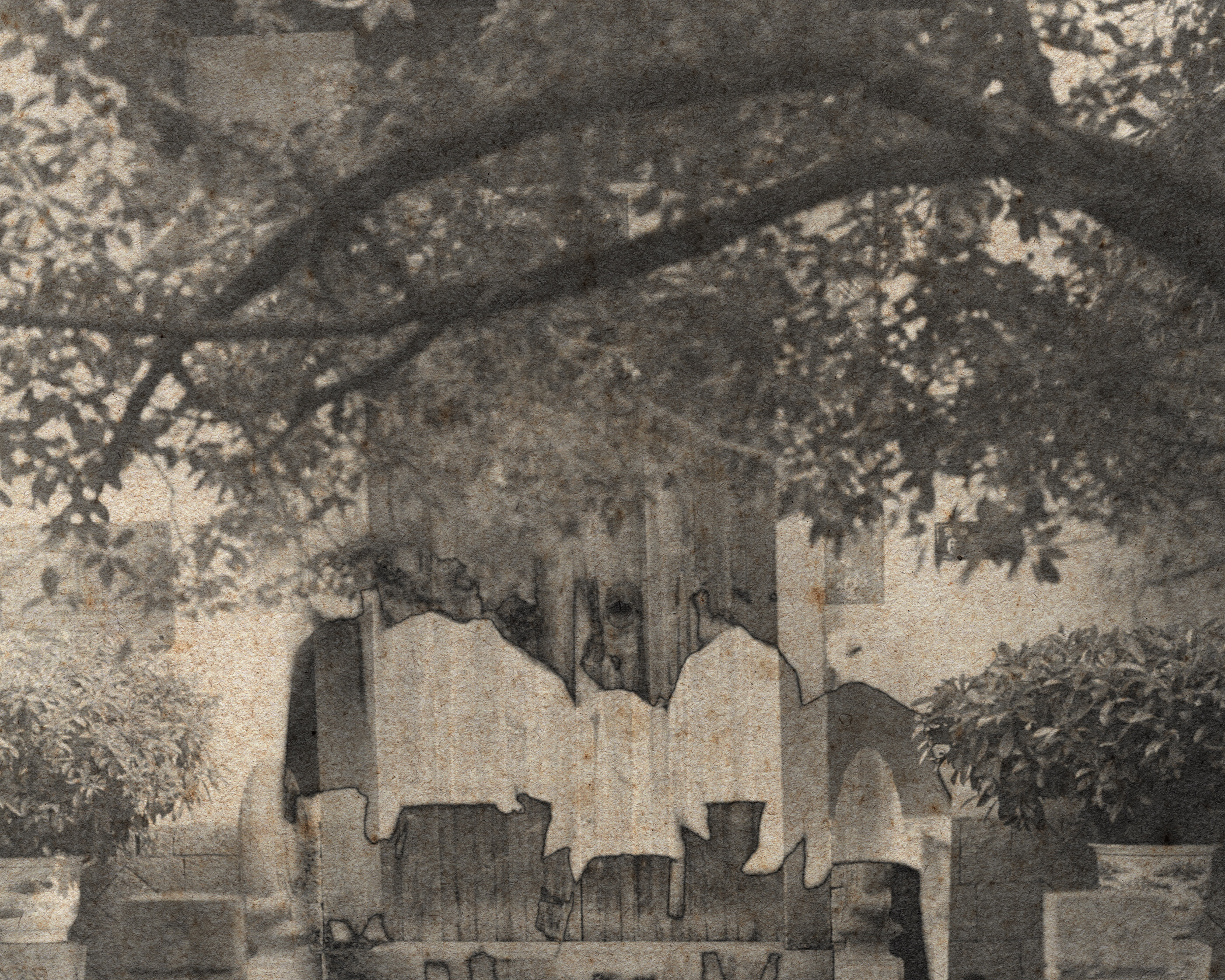
The forgotten history of women is like ghost hunting around places they used to be.


If history is a river, then these women's stories, like a small boat, circulate along the river, only to be forgotten again and again like drowning.
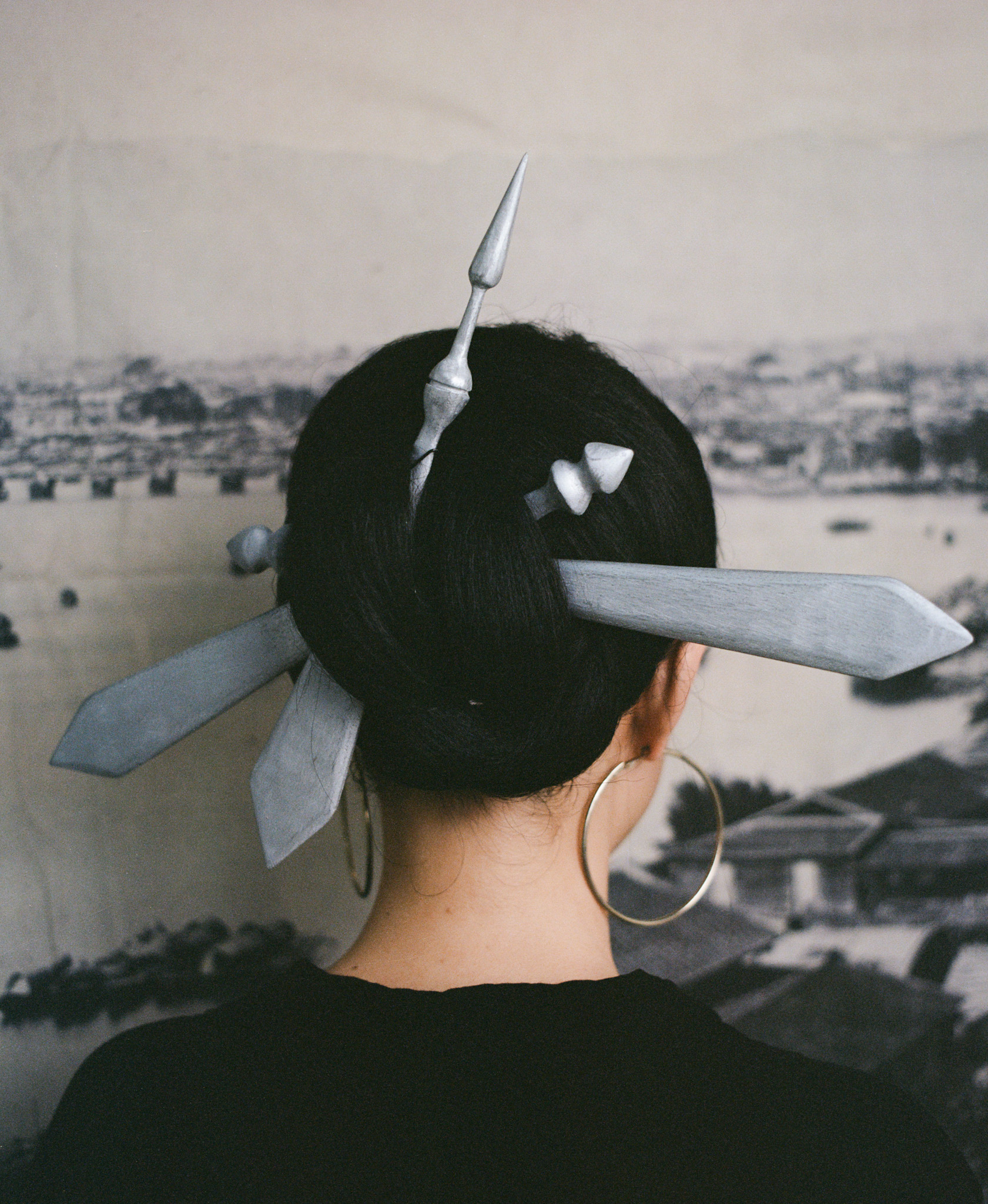 Self portrait with hair decoration of “three knives” which is a typical decoration for Fuzhou women in late Qing dynasty. The decoration means bravery and fidelity.
Self portrait with hair decoration of “three knives” which is a typical decoration for Fuzhou women in late Qing dynasty. The decoration means bravery and fidelity.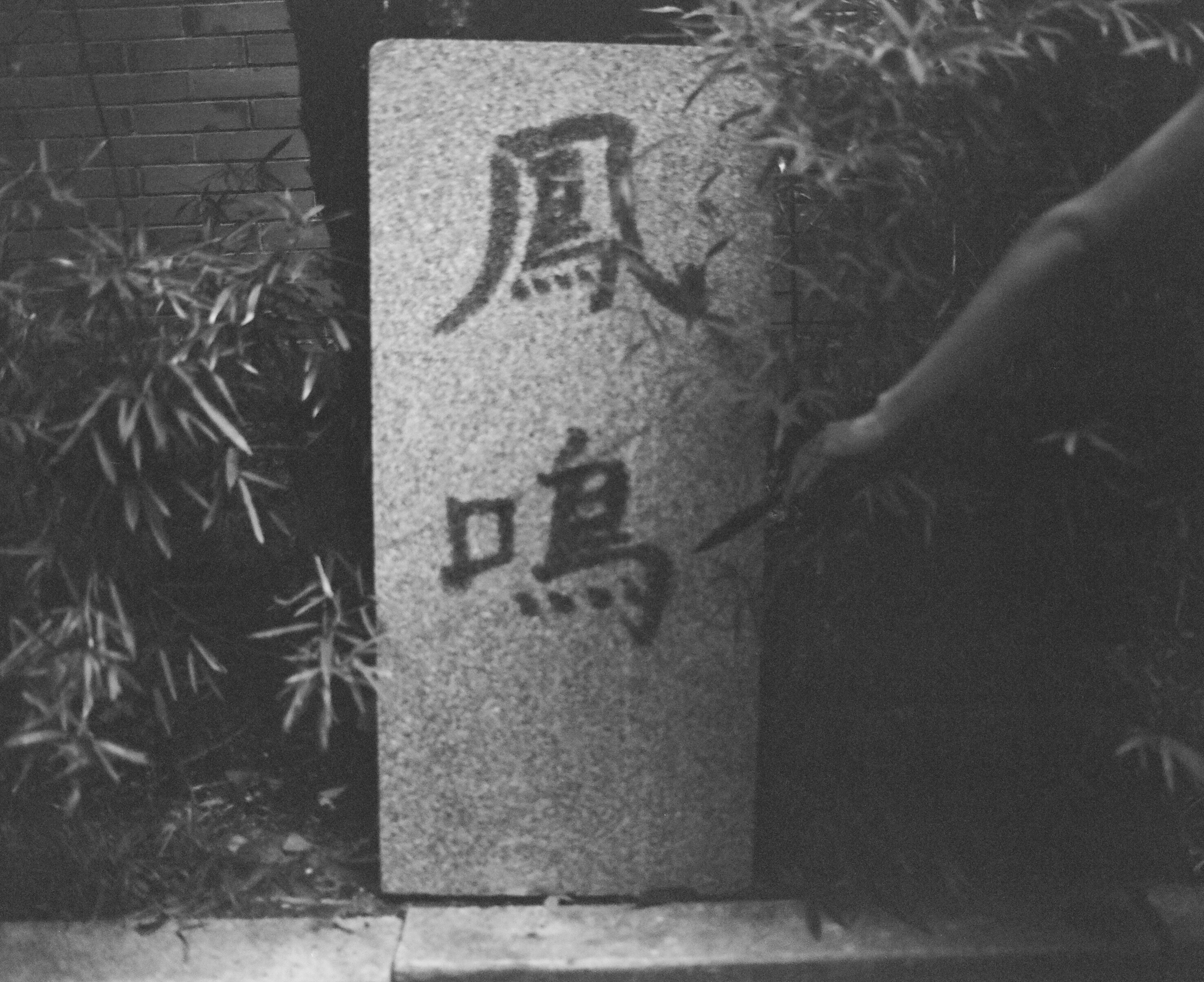
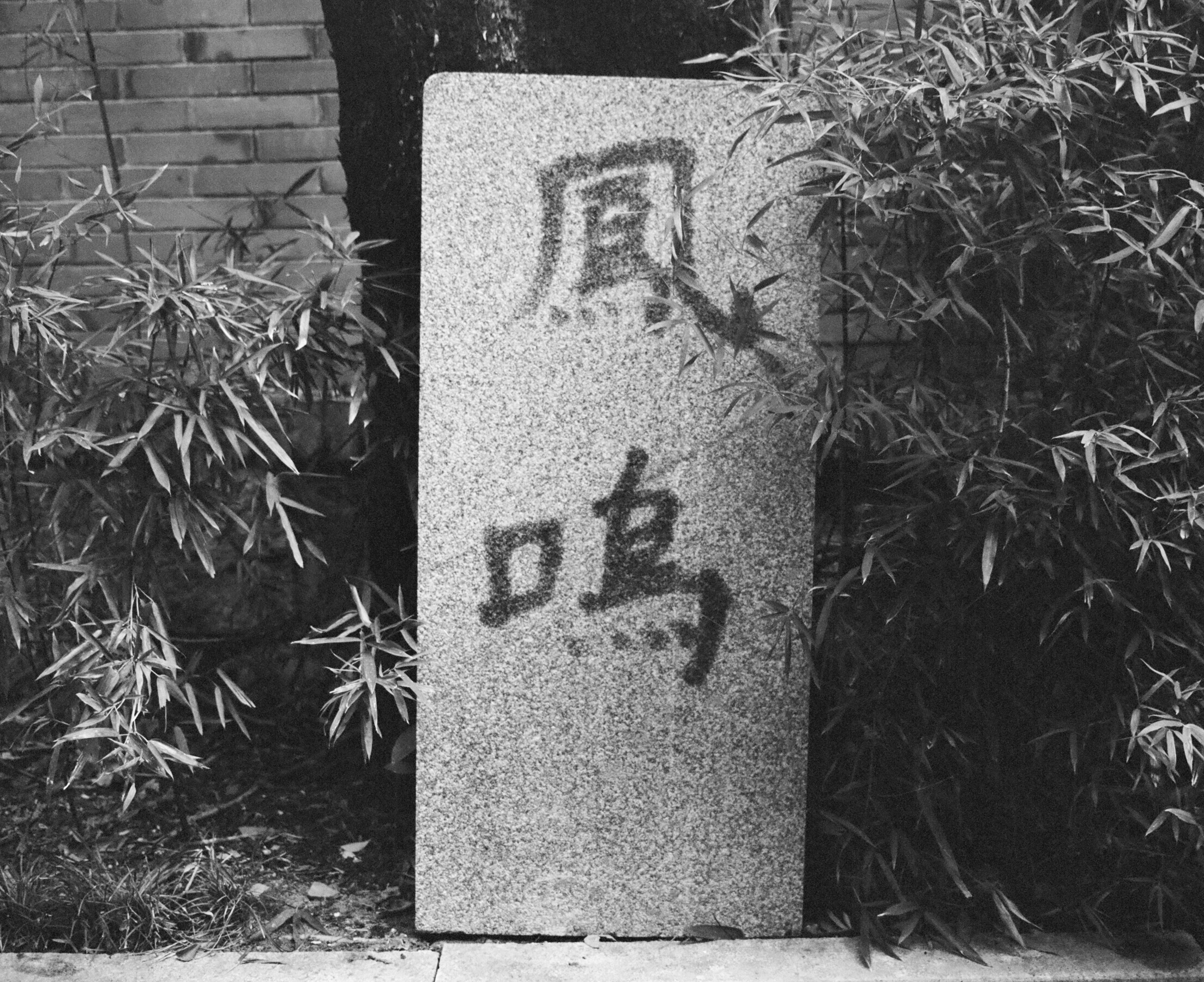
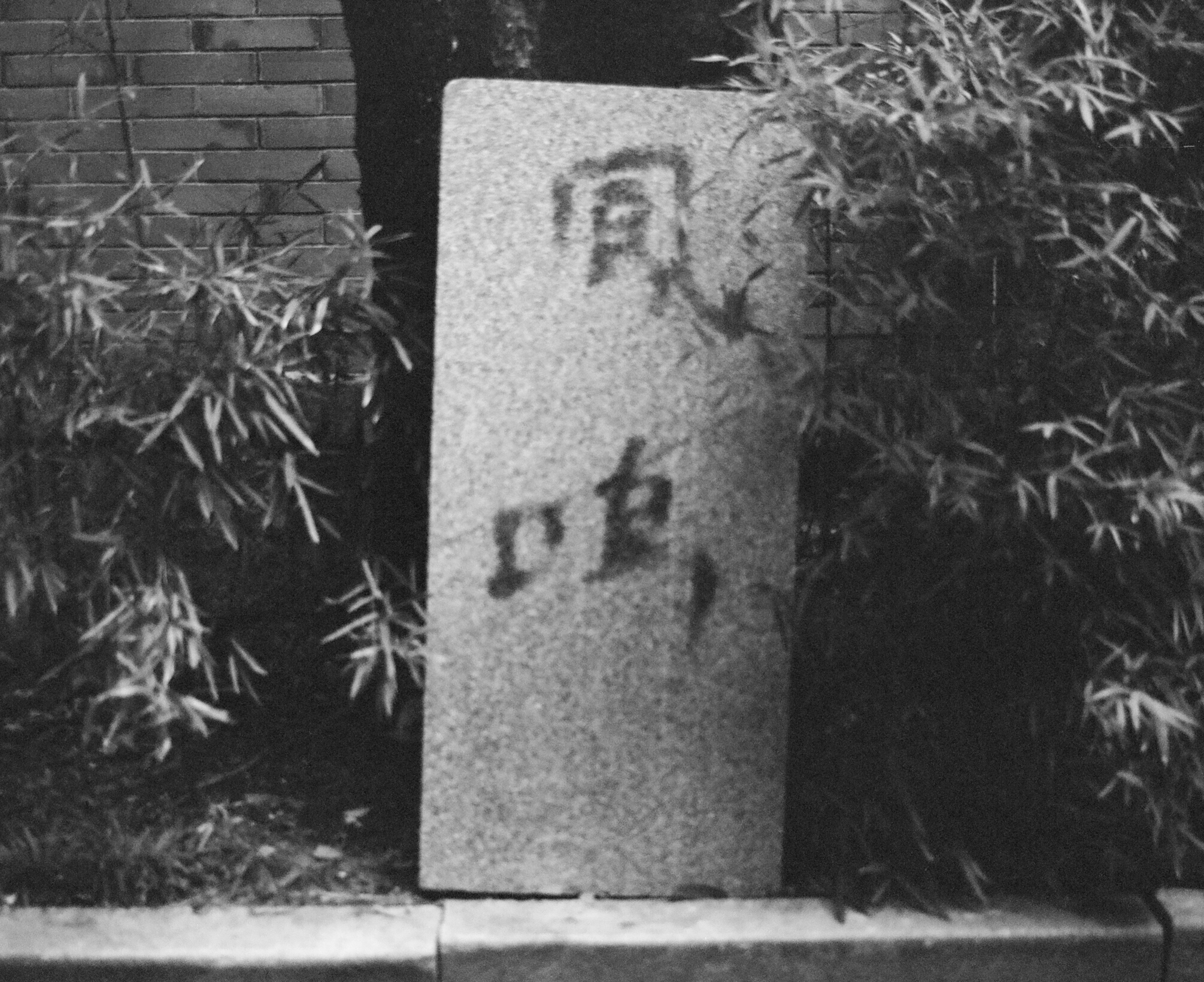
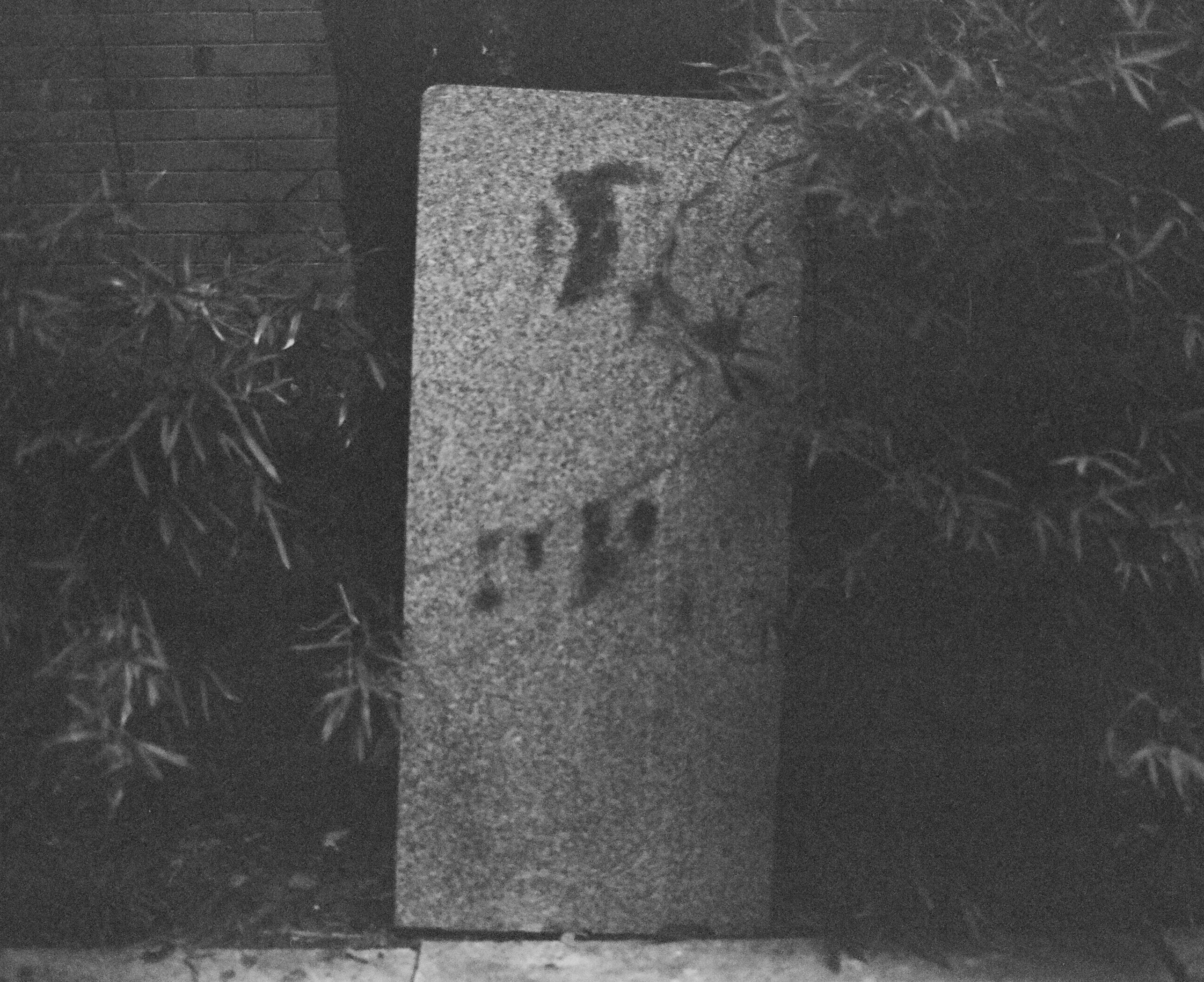

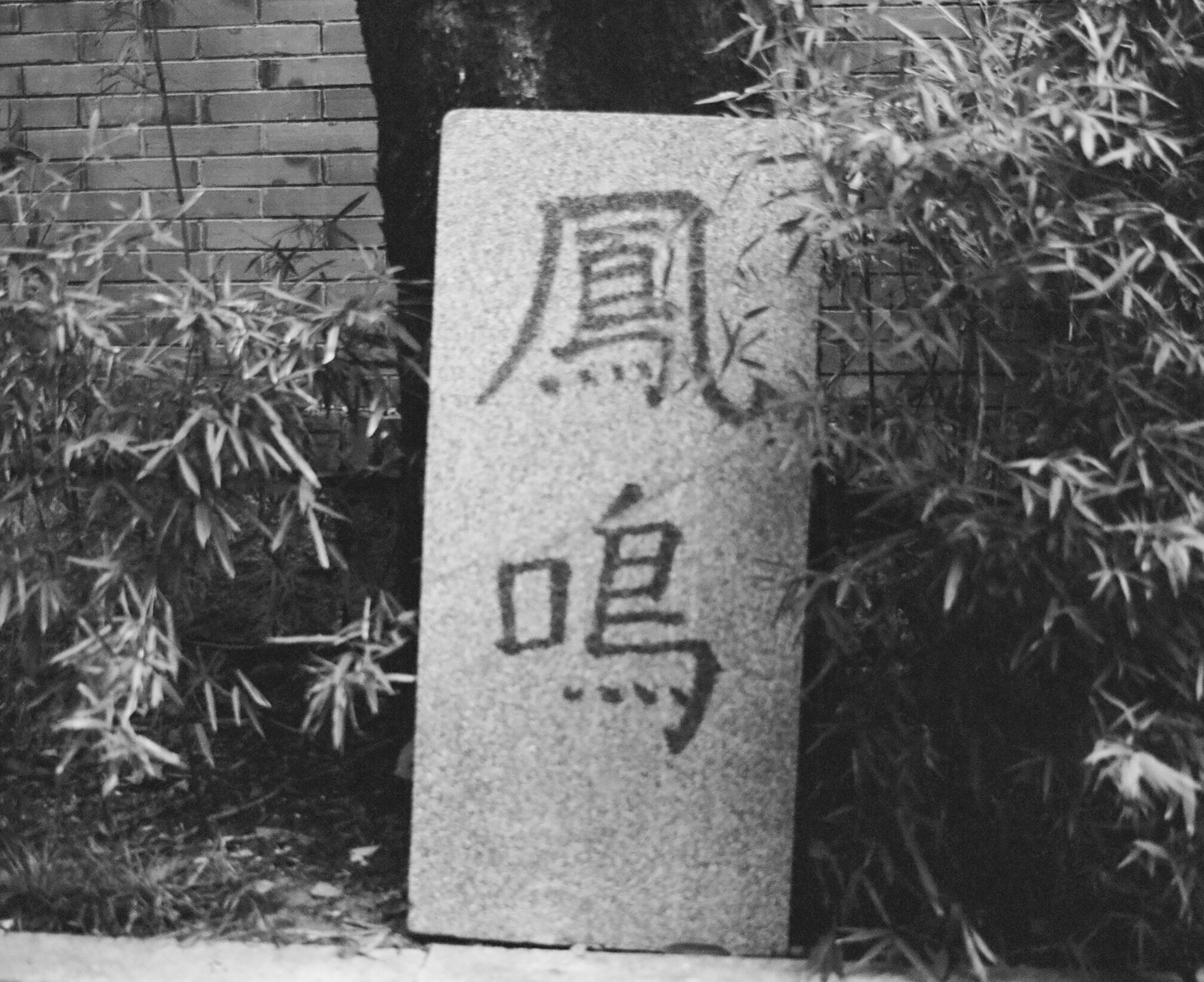
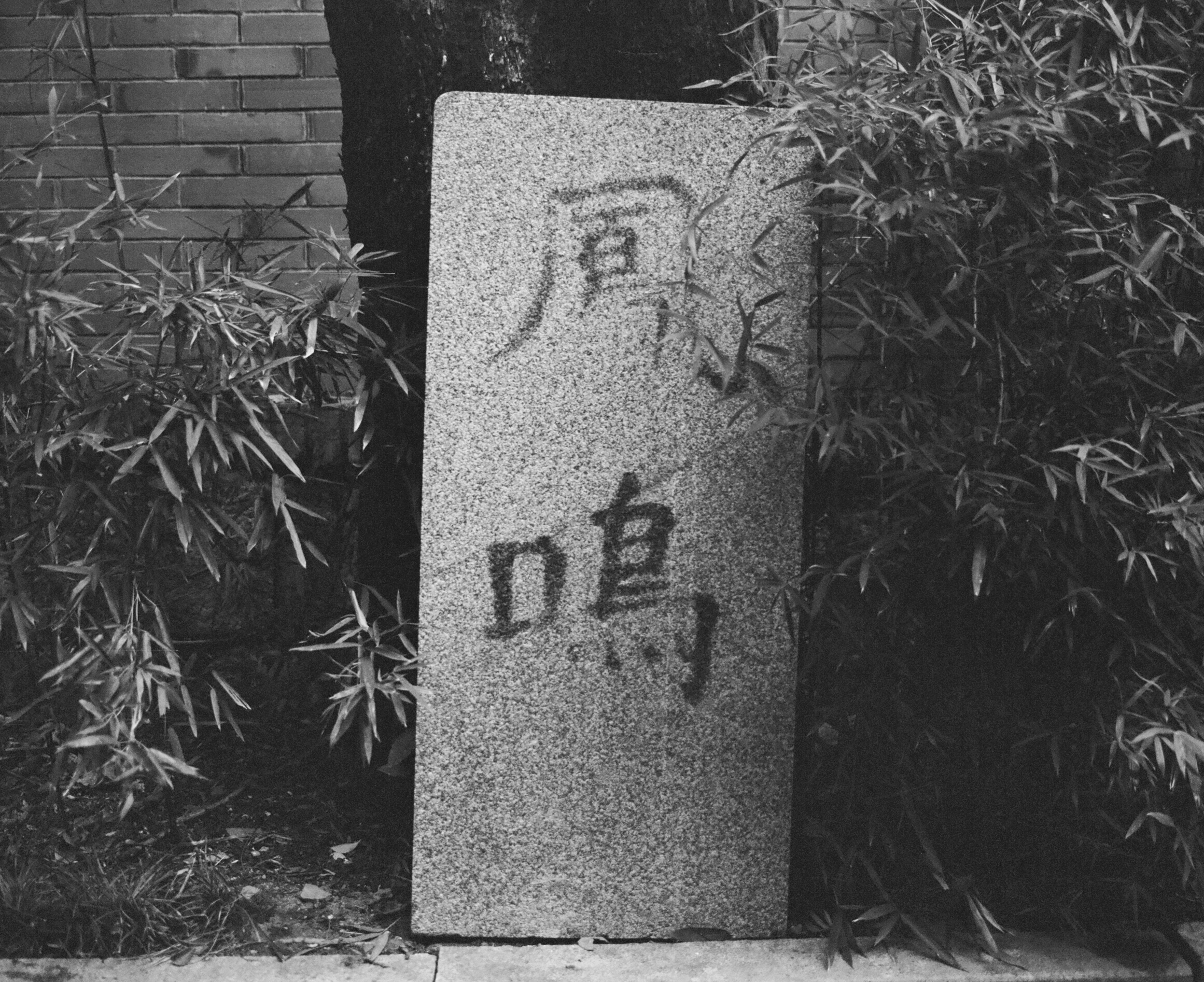



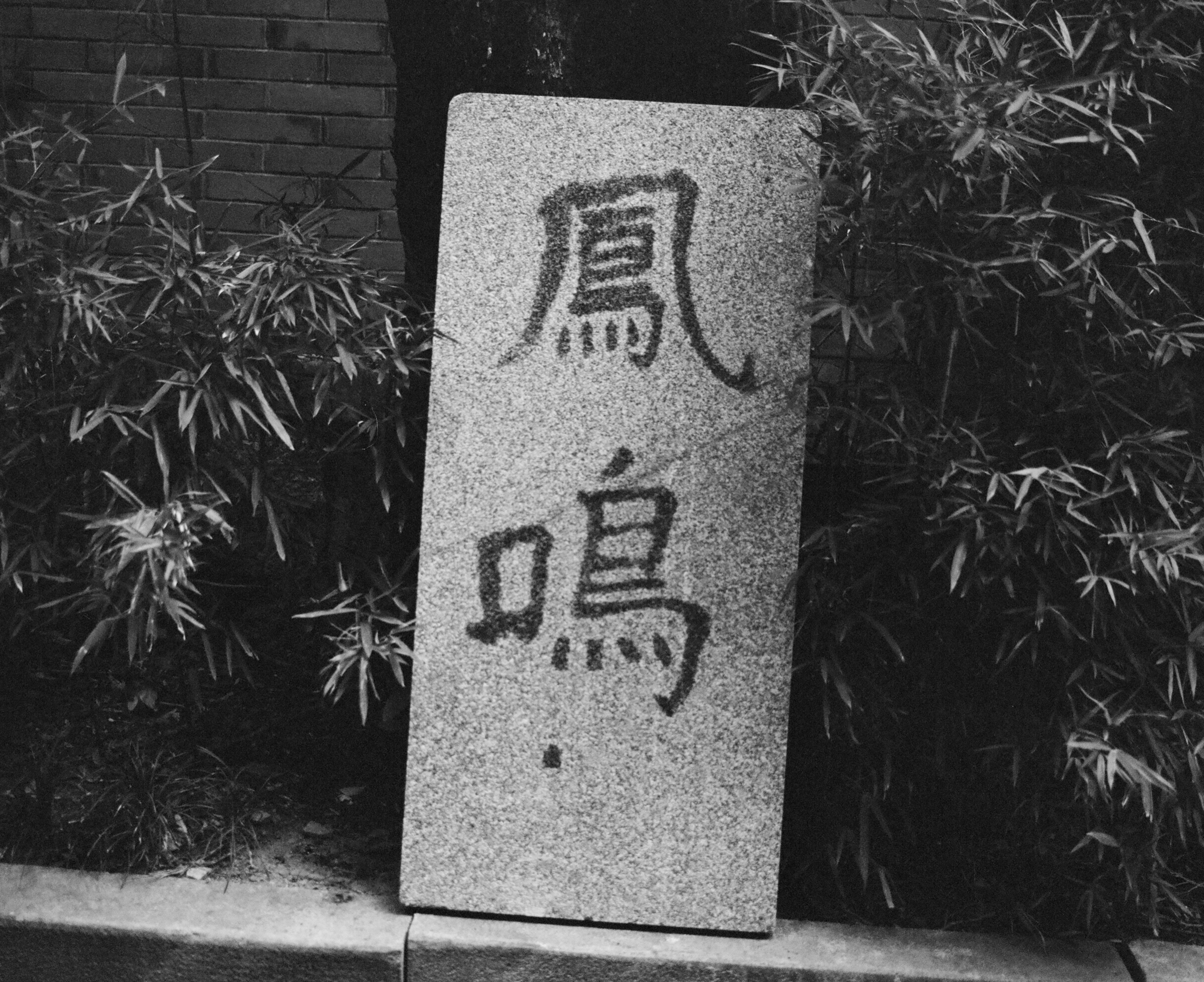
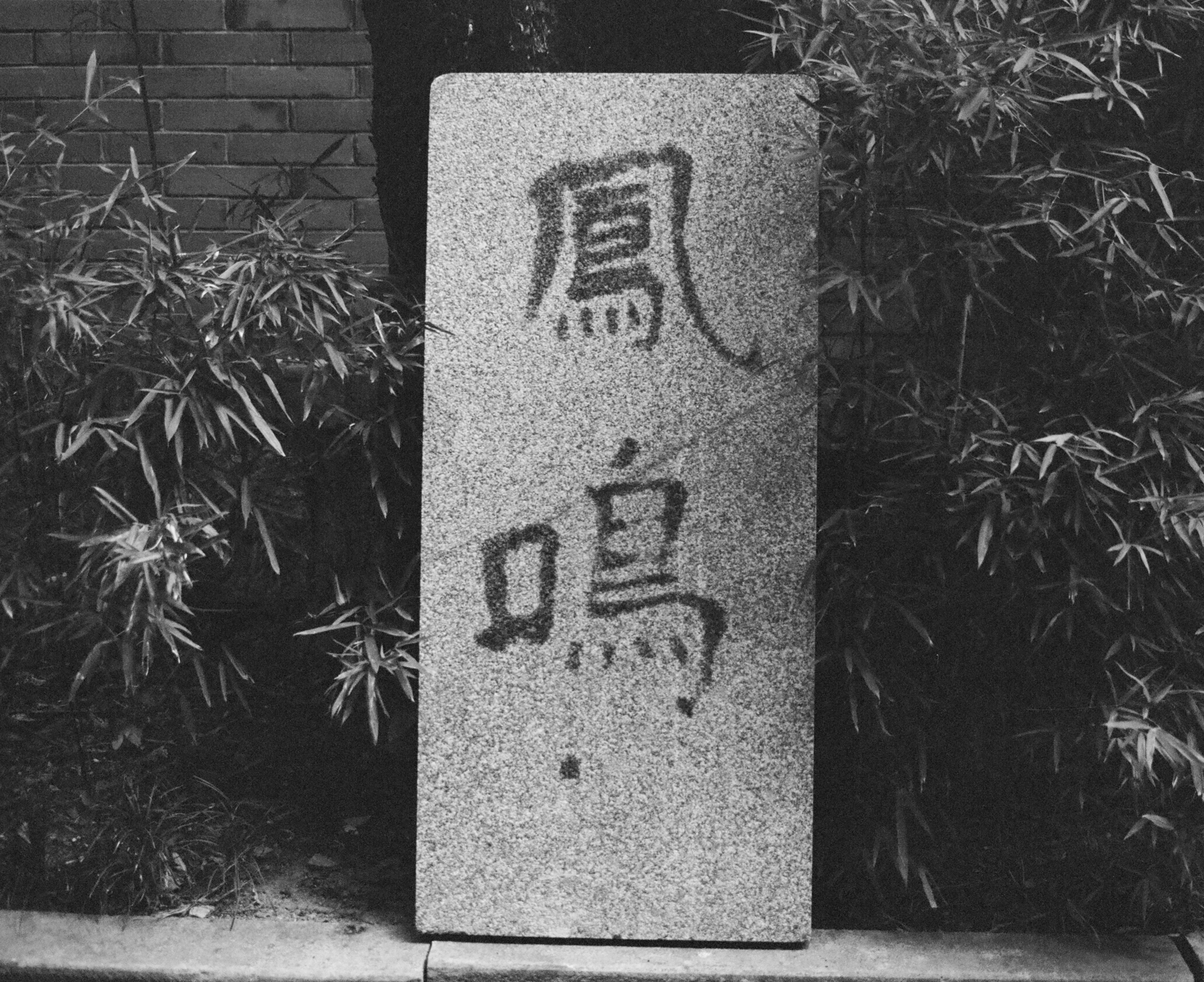
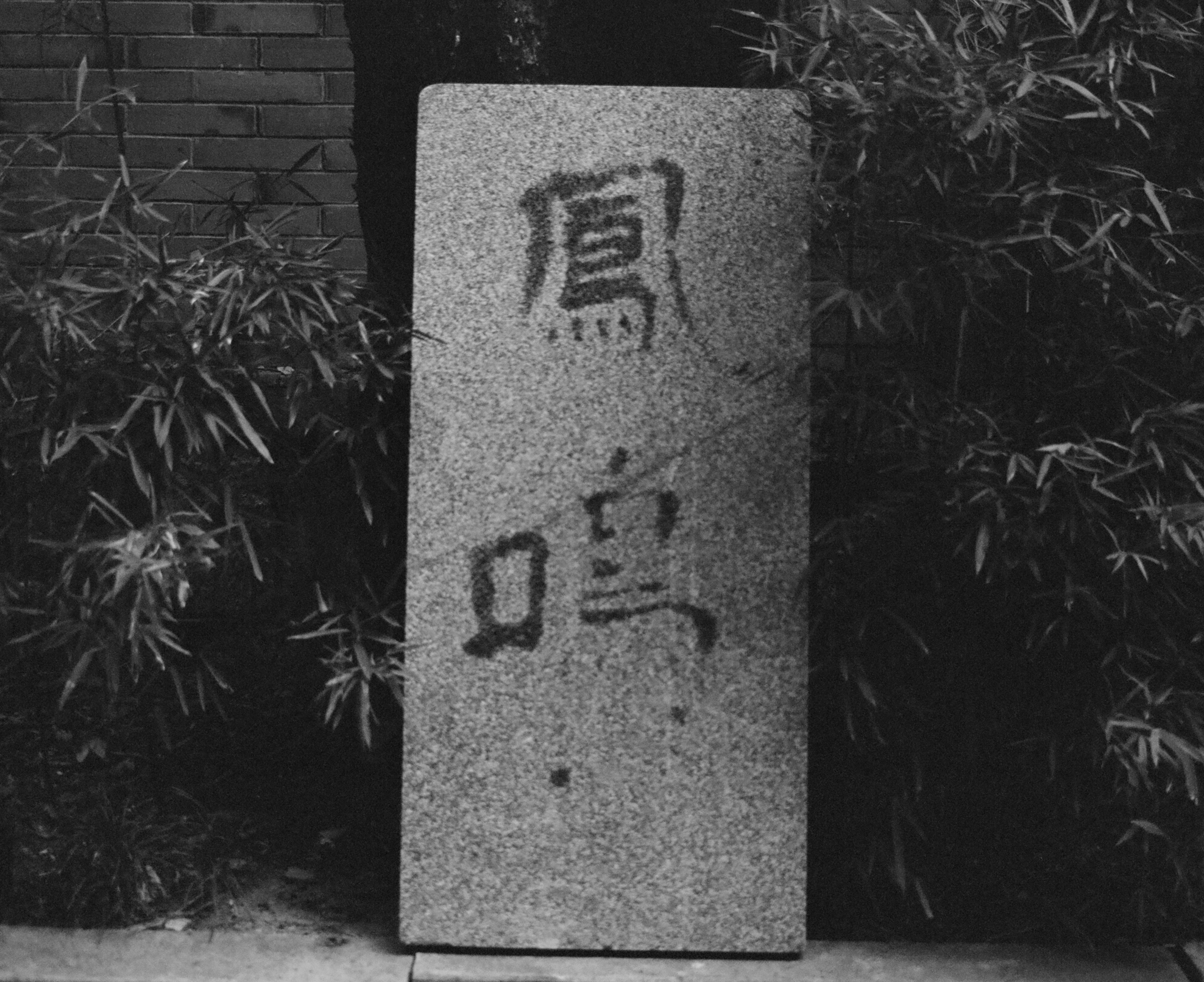


*Related Text
Female Documentary Photography Foundation Finalist 2023